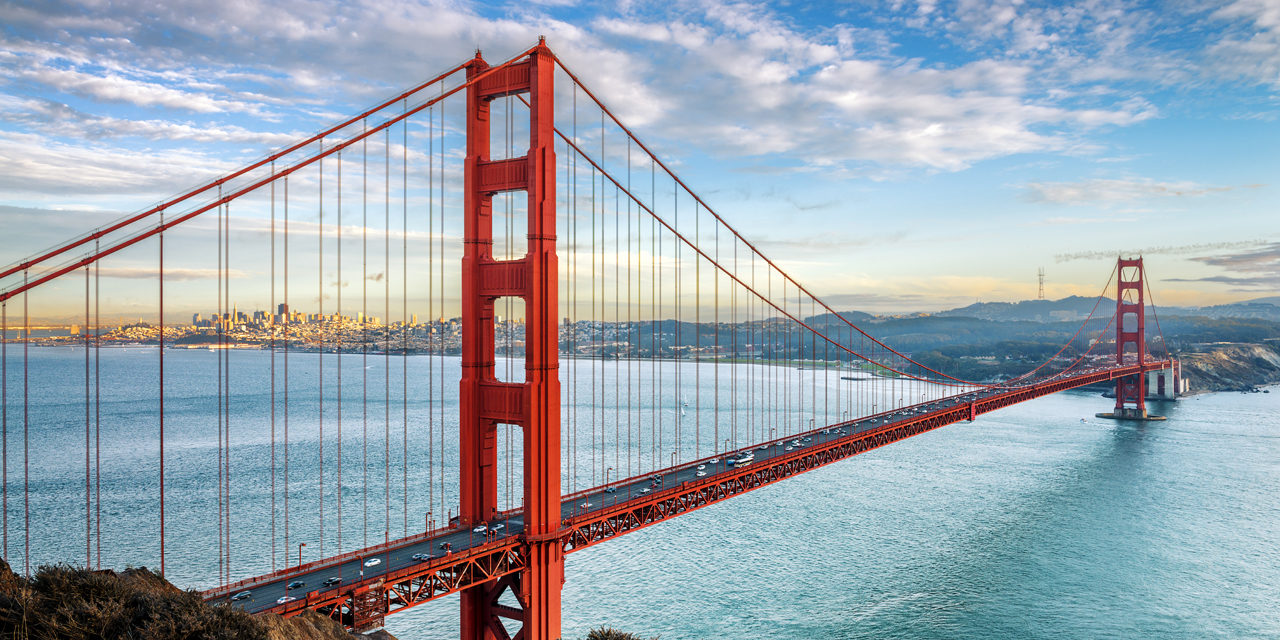The City by the Bay that brought you the famous “Happy Meal” toy ban back in 2010 is asking voters in November whether residents as young as 16 should be allowed to vote in the city’s local elections. The City and County of San Francisco will ask voters on November 3 how they feel about a charter amendment – officially listed as ballot question “G” – which if approved, would lower the voting age in municipal elections there from 18 to 16.
San Francisco is the nation’s 16th largest city by population, according to U.S. Census Bureau data, with over 880,000 residents. In the 2016 presidential election, over 400,000 votes were cast in San Francisco precincts, with Hillary Clinton winning 84% of those. Also on the ballot in 2016 was the identical 16-year-old voting age question, which was narrowly defeated, 52% – 48%.
This time around, supporters of the measure expect it to pass.
What are the arguments for allowing 16- and 17-year-olds, many of whom have never held a job, to vote on city issues such as sales taxes or transfer fees on multi-million-dollar real estate sales, both of which were on the 2016 ballot?
The ballot measure’s official website, Vote16sf – Yes on G, lists four reasons why the voting age should be lowered.
First, voting should be a habit, and it’s better to start at age 16 than 18, and data – it doesn’t specify a source – proves that 16-year-olds vote in greater numbers than older first-time voters.
Second, the website argues, 16- and 17-year-olds are “ready” to vote. It argues that “research” – again with no citation – shows that 16- and 17-year-olds have the necessary civic knowledge, skills, and cognitive ability to vote for their futures.
Third, 16- and 17-year-olds have a stake in the game. They are affected by decisions made by local government.
Finally, the ballot measure’s advocates argue that lowering the voting age will strengthen civics education, in that students can apply what they’re learning in class about politics and government to the local election.
The San Francisco Board of Supervisors, which unanimously proposed the Charter amendment this time around, put its arguments into writing.
“Undeniably, 16- and 17-year-olds are impacted by the decisions we make at the ballot box around education, transportation, housing, policing, and economic development. They have also been at the forefront of local, national, and global movements to advance civil and human rights, address inequality, end gun violence, reform our criminal justice system, and confront climate change. Sixteen- and 17-year-olds possess the same level of civic knowledge as 21-year-olds, and they have demonstrated equal levels of political skill and activism.”
Opponents of Measure G point to the immaturity of 16- and 17-year-olds as well as the likelihood of teaching bias in the schools. One citizen, Mr. Richie Greenberg, filed his opposition to the measure.
“Unfortunately, we see increasing evidence of San Francisco’s schools’ indoctrinating our youth, heavily politicizing so many aspects of our city’s issues and our lives, that a child does not receive the best information to make a truly informed decision. Potential bias is everywhere,” Mr. Greenberg argues.
“The only way to make a good decision such as which way to vote in an election, is to base the decision on maturity and experience.
“Teens are children. They still need permission slips to go on a field trip. Many if not most of our city teens do not drive, don’t work, and have not participated in owning or managing a business. They can’t – they aren’t allowed to sign contracts. Moreover, they don’t pay taxes, they don’t have credit card accounts – in other words, the worldly experiences of being an adult hasn’t yet come to them.”
We’ll know for certain on November 3 whether San Francisco will be the latest home of the 16-year-old voter experiment. In its defense, it is doubtful that the city government that gave us bans on toys in fast food meals could get any worse.
Photo from Shutterstock
Visit our Election 2020 page






